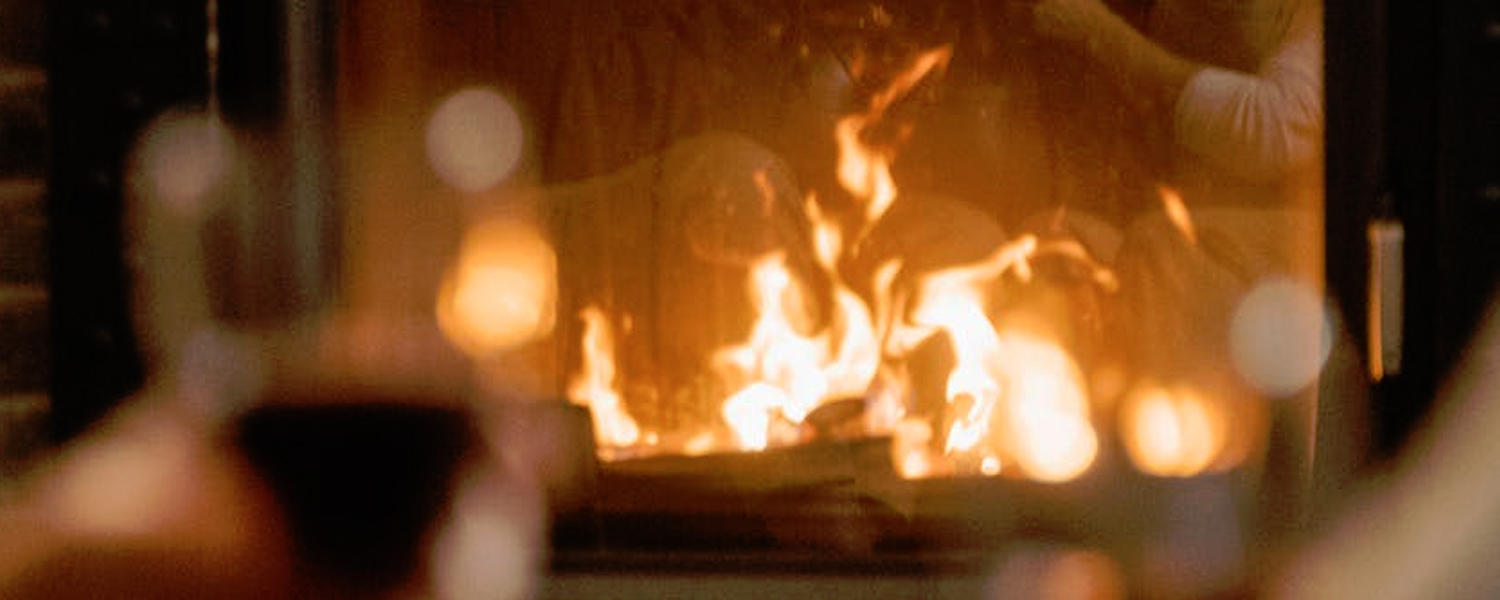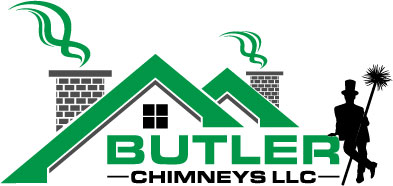
Wayne Chimney Repairs Required? It’s Not Hard to Find the Warnings
Evidence that a Wayne home’s chimney needs repairs isn’t difficult to spot.
Bricks, or chips from bricks, on the ground next to the chimney. Discoloration of remaining bricks in the structure. Noticeable gaps between bricks. Efflorescence – a white, chalky powder – on your Wayne chimney’s exterior.
Inside a home, staining or efflorescence inside the fireplace is a red flag, too.
Each symptom might have a different cause. Hesitating to act isn’t advisable, though. Problems can rapidly worsen. The first step is a chimney and fireplace inspection by Butler Chimneys, the top chimney sweep company in Wayne.
The underlying reason in almost every chimney problem is water. Sometimes the cause is cracked or damaged flue tiles inside the chimney, which allow moisture to escape into the chimney cavity. If a water heater vents into the chimney, the problem can be far worse. Either way, problems start when moisture has direct contact with masonry.
Gaps in a chimney – from missing bricks, or failed mortar joints – are serious red flags. Wayne rains can directly leak inside the chimney cavity, making a bad situation far worse.
The first step is to address root causes. If flue tiles have lost their structural integrity, installing a stainless steel chimney liner generally stops internal moisture problems. The harm to the chimney remains, though.
Tuckpointing - grinding out and replacing deteriorated mortar – is occasionally all that’s required. Adding optional ChimneySaver water repellent tacks five years onto Butler Chimneys’ normal five-year warranty, promising a decade of protection from the elements.
If the source of water leakage is a cracked chimney crown, two options are available. A stainless steel chimney cap can be mounted atop the crown, creating an “umbrella” above the chimney. Or, if the crown is too deteriorated, a new one is poured.
If a chimney is beyond restoration, a full or partial rebuild is in order. A masonry project runs three to five days; for appliance chimneys, usually one day. You and your Wayne neighbors can expect scaffolding to be put up, or a temporary rooftop construction station built.
The chimney is reconstructed with fresh bricks and new mortar to building code height. Butler Chimneys works to match colors of new bricks to originals; bricks can be stained, if needed.
A new 5-inch-thick concrete crown is poured on top. The crown uses a 2-inch overhang to keep water off the new chimney beneath. Your new chimney is as beautiful as it is functional!
If you notice indicators of a deteriorating chimney, what’s the issue … and the fix? Only inspection by a qualified chimney company can find the answers. Time, though, is of the essence – contact Butler Chimneys before more (or worse) symptoms show up!


